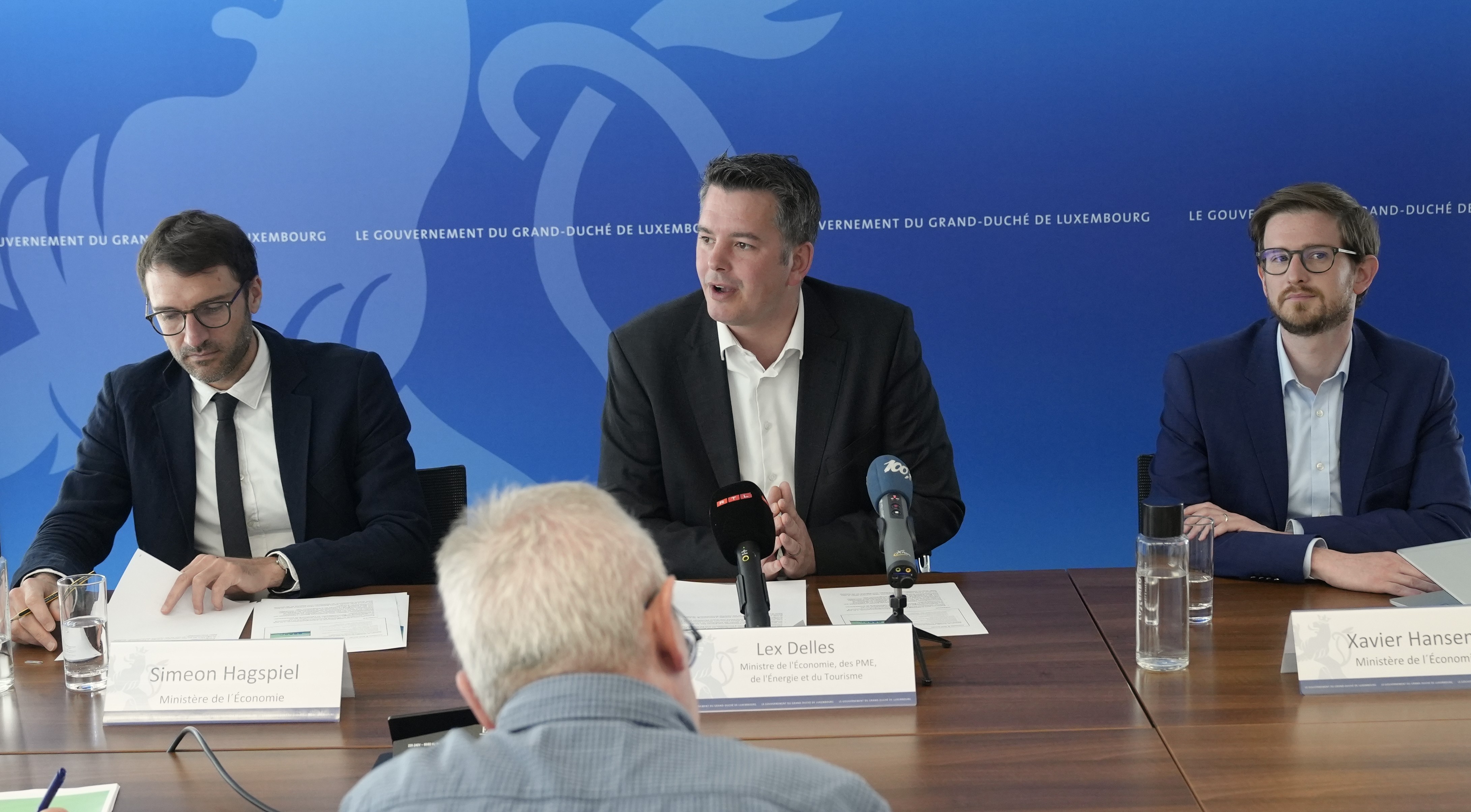The Integrated National Energy and Climate Plan (NECP) forms the basis of Luxembourg's climate and energy policy and serves as a roadmap that will be put into practice through the adoption of regulations, programmes and projects in specific areas between 2020 and 2030.
The PNEC has its origin in the Clean energy for all Europeans Package which was adopted by the European Union in 2019 to accompany the decarbonisation of European energy systems. The PNEC defines the national targets of all EU member states until 2030.
What are the objectives of the PNEC?
This plan has 5 dimensions in which Luxembourg can act:
- renewable energies
- energy efficiency
- energy security
- internal energy market
- research, innovation and competitiveness.
In order to achieve the objectives of the Paris Agreement, the national climate objective for Luxembourg is to reduce greenhouse gas emissions by 55% by 2030. Regarding the share of renewable energy in gross final energy consumption, the objective is to reach 25% by 2030 through a constant deployment of wind, solar and heat pumps in Luxembourg. For the energy efficiency dimension, the ambition is to reach a rate of 40 to 44% by 2030, by moving away from fossil fuels in new construction, by increasing the rate of renovation of existing buildings, by aiming for a target of 49% of electric and plug-in-hybrid vehicles and through the massive expansion of public transport.
How to achieve greenhouse gas emission reductions?
The government has identified five sectors for which emission reduction targets are set:
- energy and manufacturing industries, construction;
- transport;
- residential and tertiary buildings;
- agriculture and forestry;
- waste and wastewater treatment.
The reduction potentials of the different sectors, after detailed analysis, are reflected in the "target scenario" of the PNEC. All sectors will thus be required to contribute to the transition to a low-emission society.
More information on the PNEC and its annual report on energy and climate 2022 (FR).

